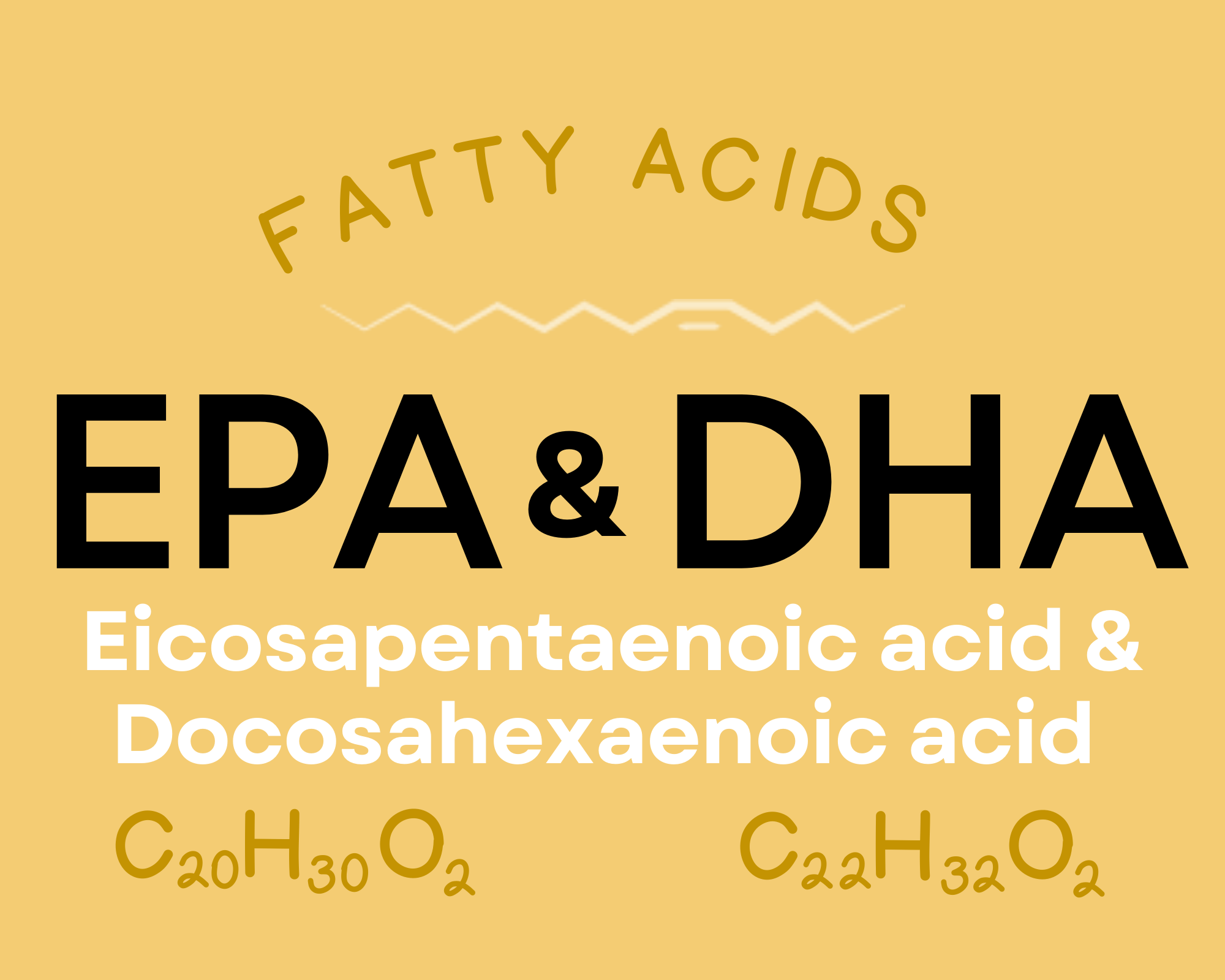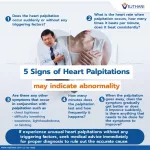Docosahexaenoic acid (DHA) is an omega-3 fatty acid — and one of the most crucial. It’s present in various seafoods and is essential for brain growth and proper function.
Docosahexaenoic acid (DHA) ranks among the most important omega-3 fats.
Like other omega-3s, it’s associated with numerous health advantages.
Found in every cell of your body, DHA plays a key structural role in the brain and is particularly vital during pregnancy and infancy.
Because the body can’t synthesize enough on its own, you must obtain it through foods or supplements.
This article covers everything you should understand about DHA.
What is DHA?
DHA is primarily present in seafood, including oily fish, shellfish, and fish oils. It’s also produced by certain algae.
It forms part of every cell membrane in your body and is an essential structural element of your skin, eyes, and brain.
In fact, DHA makes up over 90% of the omega-3s in the brain and can constitute up to 25% of the brain’s total fat.
Although it can be made from alpha-linolenic acid (ALA), a plant-based omega-3, the conversion is highly inefficient. Only about 0.1–0.5% of ALA is converted into DHA in humans.
Moreover, this conversion depends on sufficient levels of certain vitamins and minerals and the ratio of omega-6 fats in the diet.
Since your body cannot produce substantial amounts of DHA, you need to get it from dietary sources or supplements.
SUMMARYDHA is crucial for the skin, eyes, and brain. Because the body can’t make enough, it must be obtained from the diet.
How does it work?
DHA concentrates in cell membranes, increasing membrane fluidity and the spaces between cells. This facilitates the ability of neurons to send and receive electrical signals.
Thus, sufficient DHA levels appear to enhance the speed, ease, and efficiency of neural communication.
Low DHA in the brain or eyes may slow cell signaling, contributing to impaired vision or altered brain function.
SUMMARYDHA increases fluidity of nerve cell membranes, helping cells communicate more efficiently.
Top food sources of DHA
DHA is chiefly sourced from seafood, including fish, shellfish, and algae.

Many fish and fish products are rich sources, providing up to several grams per portion. Examples include mackerel, salmon, herring, sardines, and caviar.
Some fish oils, like cod liver oil, may supply around 1 gram of DHA per tablespoon (15 ml) (17).
Keep in mind that certain fish oils are also high in vitamin A, which can be harmful at excessive intakes.
DHA can also be found in small amounts in meat and dairy from grass-fed animals, and in omega-3-enriched or pastured eggs.
However, obtaining adequate DHA from diet alone can be difficult. If you don’t regularly eat these foods, a supplement could be beneficial.
SUMMARYDHA is mainly in fatty fish, shellfish, fish oils, and algae. Grass-fed animal products and omega-3-enriched eggs may offer modest amounts.
Effects on the brain
DHA is the predominant omega-3 in the brain and is essential for its growth and functioning.
Levels of other omega-3s in the brain, such as EPA, are typically 250–300 times lower.
Plays a major role in brain development
DHA is critically important for brain tissue growth and function, especially during fetal development and infancy.
It must accumulate in the central nervous system for normal eye and brain development.
Maternal DHA intake during the third trimester largely determines the baby’s DHA levels, with the greatest accumulation occurring in the brain in the first months of life.
DHA is concentrated in the brain’s gray matter, and the frontal lobes are particularly reliant on it during development.
These brain regions handle information processing, memory, and emotion, and are key for attention, planning, problem-solving, and social and behavioral development.
Animal studies show that reduced DHA in a developing brain leads to fewer new neurons and altered neural function, impairing learning and vision.
In humans, inadequate DHA early in life has been associated with learning difficulties, ADHD, aggressive behavior, and other disorders.
Low maternal DHA levels are also linked to higher risk of suboptimal visual and neural development in offspring.
Research indicates that infants whose mothers consumed 200 mg per day from week 24 of pregnancy until birth had improved vision and problem-solving abilities.
May have benefits for the aging brain
DHA is important for maintaining brain health as you age.
With aging, the brain undergoes changes marked by increased oxidative stress, altered energy metabolism, and DNA damage.
Structural changes also occur, reducing brain size, weight, and fat content.
Notably, many of these age-related changes parallel those seen with declining DHA levels.
These include altered membrane characteristics, memory problems, enzyme activity changes, and impaired neuron function.
Supplementation may help; DHA supplements have been associated with notable improvements in memory, learning, and verbal fluency among people with mild memory complaints (, , , , , ).
Low levels are linked to brain diseases
Alzheimer’s disease is the most prevalent form of dementia in older adults.
It affects about 4.4% of those over 65 and alters cognition, mood, and behavior.
One of the earliest signs is reduced episodic memory, which affects recalling events tied to a specific time and place.
People with Alzheimer’s tend to have lower DHA in the brain and liver, while EPA and docosapentaenoic acid (DPA) levels are elevated.
Higher blood DHA levels have been associated with lower risk of dementia and Alzheimer’s.
SUMMARYDHA is vital for brain and eye development. Low levels may impair brain function and are linked to increased risk of memory problems, dementia, and Alzheimer’s disease.
Effects on eyes and vision
DHA helps activate rhodopsin, a membrane protein in the retina’s rod cells.
Rhodopsin aids visual processing by altering the permeability, fluidity, and thickness of retinal membranes.
A DHA shortage can lead to visual issues, particularly in children.
Consequently, many infant formulas are fortified with DHA to help prevent vision impairment in babies.
SUMMARYDHA is important for visual function and various processes within the eye. Deficiency may lead to vision problems in children.
Effects on heart health
Omega-3 fats are generally associated with a lower risk of cardiovascular disease.
Low omega-3 levels correlate with higher risk of heart disease and mortality, and some research finds that supplements can lower risk.
This is particularly true for long-chain omega-3s in fatty fish and fish oils, like EPA and DHA.
Their consumption can improve multiple heart disease risk factors, including:
- Blood triglycerides. Long-chain omega-3s can reduce triglyceride levels by up to 30%.
- Blood pressure.Omega-3s from fish and fish oil may lower blood pressure in people with hypertension.
- Cholesterol levels.Fish oils and omega-3s may decrease total cholesterol and raise HDL (good) cholesterol in individuals with high levels.
- Endothelial function. DHA may help protect against endothelial dysfunction, a key contributor to heart disease.
Although some studies are encouraging, many report no significant benefits.
Two large meta-analyses of controlled trials determined that omega-3s have minimal effect on the risk of heart attack, stroke, or death from heart disease.
SUMMARYDHA may lower heart disease risk by reducing triglycerides and blood pressure, among other effects. However, its preventive role remains debated.
Other health benefits
DHA may also offer protection against several other conditions, including:
- Arthritis. This omega-3 reduces inflammation and may ease pain and swelling associated with arthritis.
- Cancer. DHA may hinder cancer cell survival and growth.
- Asthma. It may alleviate asthma symptoms, possibly by decreasing mucus secretion and lowering airway inflammation.
SUMMARYDHA may help with conditions like arthritis and asthma and could inhibit cancer cell growth.
Especially important during early life
DHA is particularly crucial in the final months of pregnancy and the early stages of a child’s life.
Infants up to two years old have a higher requirement for DHA than older children and adults.
As their brains develop rapidly, they need substantial amounts of DHA to form critical membrane structures in the brain and eyes.
Thus, DHA intake can profoundly influence brain development.
Animal research indicates that DHA-poor diets during pregnancy, lactation, and weaning reduce the infant brain’s DHA supply to roughly 20% of normal levels.
Deficiency is linked to altered brain function, learning problems, changes in gene expression, and impaired vision.
SUMMARYDuring pregnancy and early childhood, DHA is vital for building structures in the brain and eyes.
How much DHA do you need?
Most recommendations for healthy adults suggest at least 250–500 mg of combined EPA and DHA per day (, , , 99, ).
Research indicates average DHA intake is nearer to 100 mg per day.
Children under 2 may need 4.5–5.5 mg per pound of body weight (10–12 mg/kg), while older children might require up to 250 mg daily (104).
Pregnant or breastfeeding women are encouraged to get at least 200 mg of DHA, or 300–900 mg of combined EPA and DHA, each day.
People with mild memory complaints or cognitive issues may benefit from 500–1,700 mg of DHA per day for cognitive improvements (, , , , , ).
Vegetarians and vegans often lack DHA and should consider microalgae-based supplements that supply it.
DHA supplements are generally safe. Doses above 2 grams per day offer no extra benefit and are not recommended (, 107).
Interestingly, curcumin, the active compound in turmeric, may enhance DHA uptake. Animal studies suggest curcumin could increase DHA levels in the brain.
Therefore, curcumin might be useful alongside DHA supplementation.
SUMMARYAdults should aim for 250–500 mg of combined EPA and DHA daily; children need about 4.5–5.5 mg per pound of body weight (10–12 mg/kg).
Considerations and adverse effects
DHA supplements are typically well tolerated, even at higher doses.
However, omega-3s have anti-inflammatory properties and can thin the blood. Excessive intake may increase bleeding risk.
If you plan to have surgery, stop omega-3 supplementation one to two weeks beforehand.
Also, consult your healthcare provider before taking omega-3s if you have a bleeding disorder or are on anticoagulant medication.
SUMMARYLike other omega-3s, DHA can thin the blood. Avoid omega-3 supplements 1–2 weeks before surgery.
The bottom line
DHA is an essential part of every cell in your body.
It’s crucial for brain development and function, influencing how swiftly and effectively nerve cells communicate.
DHA also supports eye health and may improve several heart disease risk factors.
If you think you aren’t getting enough from food, consider an omega-3 supplement.

























Leave a Reply
You must be logged in to post a comment.